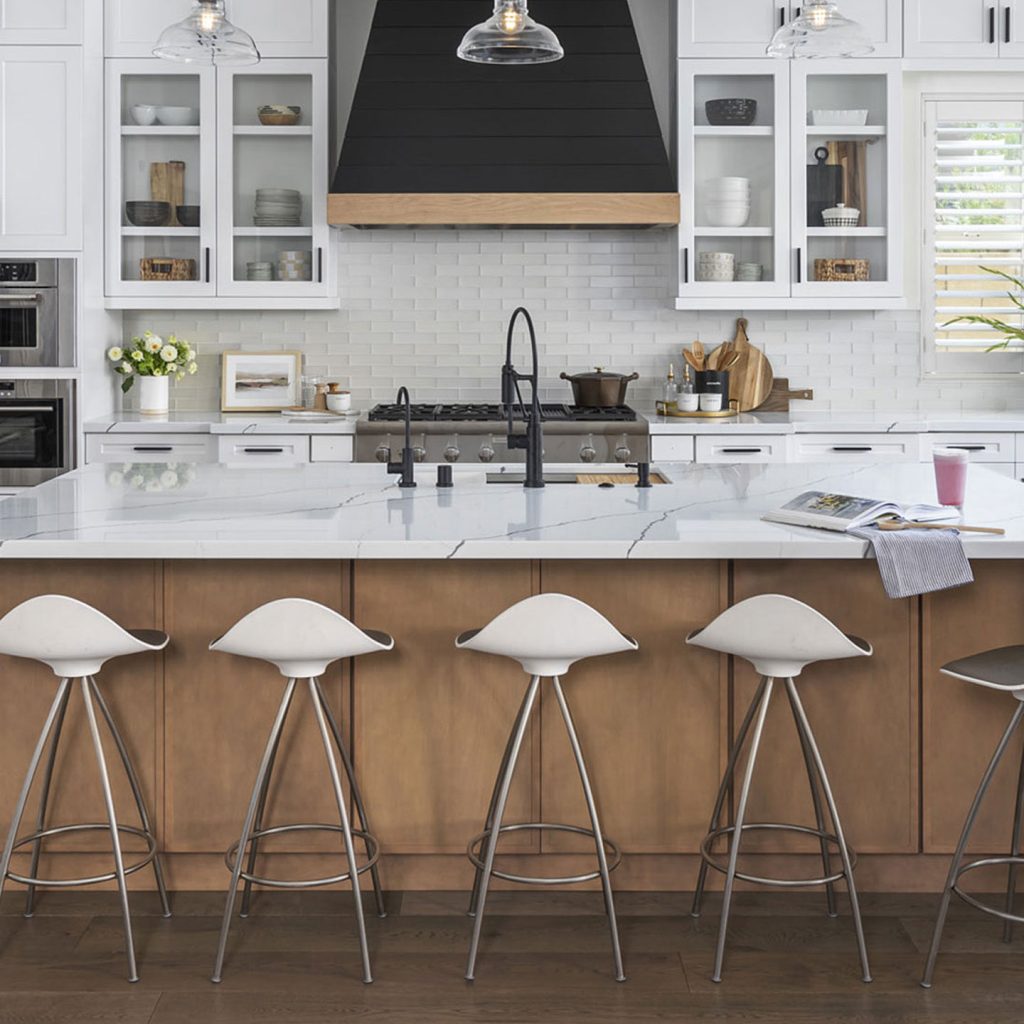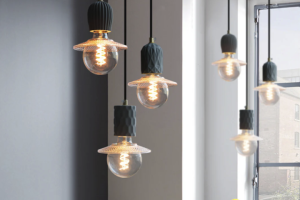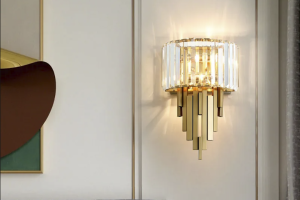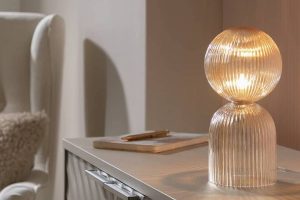Introduction
Pendant lighting has been an essential element in interior design for many years. However, with the growing demand for minimalistic and modern design, pendant lighting has undergone significant changes to meet the current trends. The emergence of modern simplicity has given rise to a new wave of minimalistic pendant lighting that has become increasingly popular in recent years. In this article, we will explore the concept of modern simplicity and how it has influenced the design of pendant lighting.
What is Modern Simplicity?
Modern simplicity is a design philosophy that emphasizes the use of clean lines, simple forms, and minimal decorative elements. This approach aims to create a sense of openness and clarity in the design by removing unnecessary details and focusing on the essential elements. This concept has been applied to all aspects of design, from fashion to architecture and interior design.
The Evolution of Pendant Lighting
Pendant lighting has come a long way since its inception. It began as a functional source of light, serving the purpose of illuminating a specific area. But over time, as designers started to experiment with different shapes and materials, pendant lighting took on a more aesthetic role. The first pendant lights were made of metal or glass and were often ornate in design. However, as modern simplicity became more popular, pendant lighting started to evolve to meet the new design philosophy.
Minimalistic Design
The key aspect of modern simplicity is minimalism, and minimalistic pendant lighting is no exception. Minimalistic pendant lights are designed with a simple, yet elegant look that emphasizes the shape and material of the fixture. These lights often feature clean lines and geometric shapes, such as circles, squares, and triangles. The use of materials such as metal, glass, and wood further enhances the modern simplicity look.
Functionality
While minimalistic design is essential, functionality is equally important in modern simplicity. Pendant lighting must be functional, providing adequate lighting for the space it occupies. Minimalistic pendant lights achieve this through the use of high-quality LED lights that are energy-efficient and long-lasting.
Adaptability
Another key feature of modern simplicity is adaptability. Minimalistic pendant lighting can be easily integrated into different design styles and aesthetics due to its simple and sleek design. Whether used in a traditional, contemporary, or industrial space, minimalistic pendant lighting can fit in seamlessly, providing a touch of modern elegance to any room.





More Posts
Creative Studio Essential: Industrial Gear Pendant
Vintage Industrial Bulb Chandelier for Loft Spaces
Enhance Your Space with a Luxe Crystal Wall Lamp